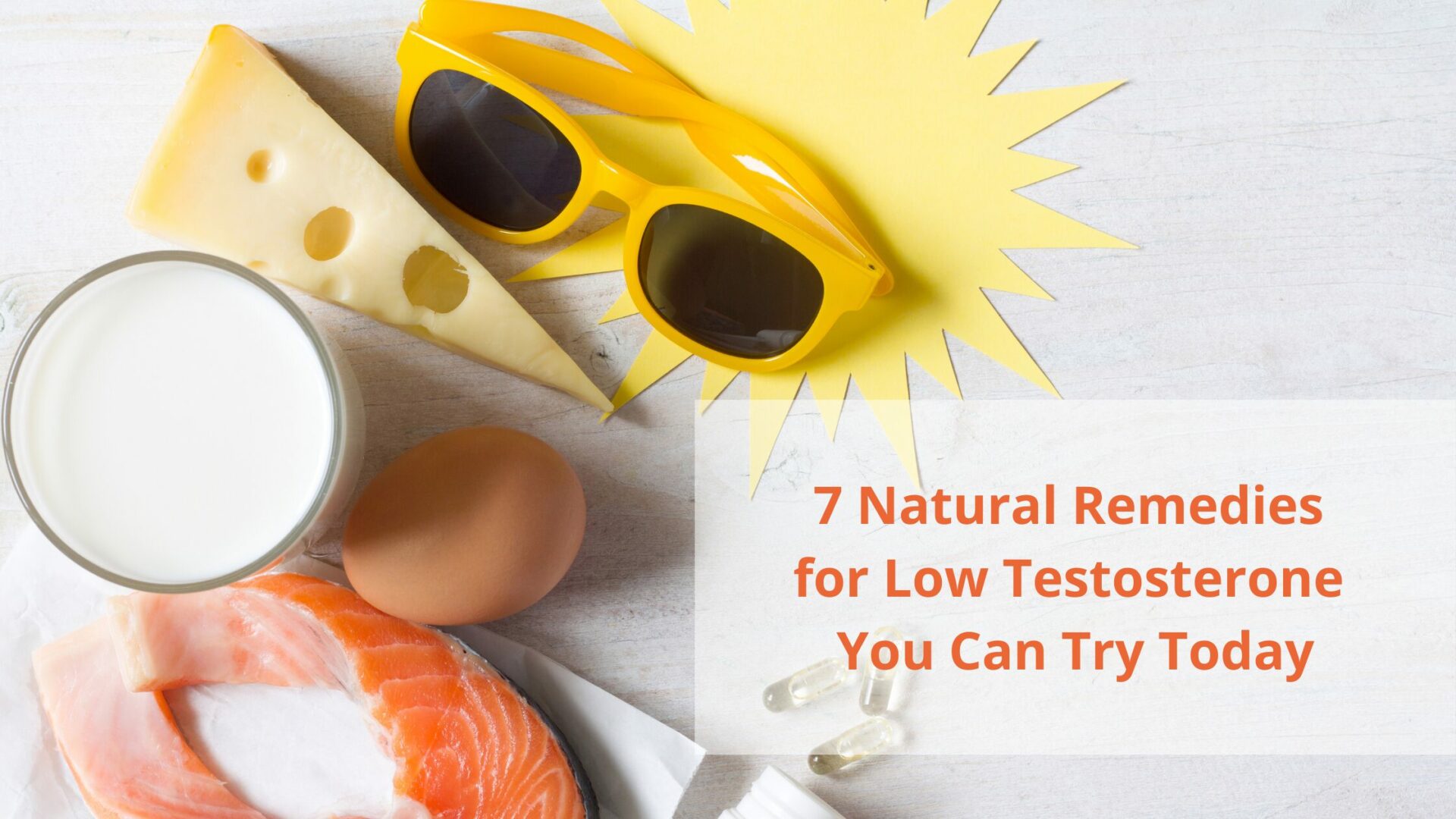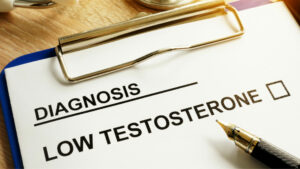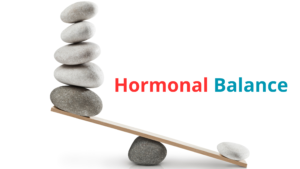In the quest for optimal health, addressing concerns like low testosterone becomes paramount. In this blog post, we delve into a crucial topic: “7 Natural Remedies for Low Testosterone You Can Try Today.” Discovering effective and natural solutions is vital for reclaiming vitality and fostering overall well-being. Join us as we explore these remedies designed to elevate testosterone levels naturally and enhance your journey towards a healthier, more balanced life.
Table of Contents
Healthy Diet for Hormonal Balance
Maintaining a healthy diet is essential for addressing low testosterone levels and promoting male hormonal balance. The nutrients we obtain from our food directly impact hormone production.
Proteins, serving as the building blocks of life, are critical for hormone synthesis. Incorporate sources such as lean meats, poultry, fish, eggs, and plant-based proteins like legumes into your diet. Healthy fats, found in avocados, nuts, seeds, and olive oil, contribute to testosterone production.
Vitamins and minerals play a direct role in testosterone levels. Ensure sufficient intake of zinc from foods like oysters, pumpkin seeds, and nuts. Additionally, prioritize vitamin D-rich foods as it influences testosterone synthesis.
A well-balanced diet is crucial for preventing nutritional deficiencies that may affect hormone production. Including a variety of foods from different groups ensures a diverse nutrient intake.
Include nutrient-dense foods like leafy greens, such as spinach and kale, for essential vitamins and minerals. Berries, packed with antioxidants, combat inflammation, fostering an environment conducive to hormone balance. Lean meats like chicken and turkey provide high-quality protein necessary for hormonal synthesis.
Limit processed foods, especially those with added sugars, as they can lead to insulin resistance, negatively impacting testosterone levels. Exercise moderation with alcohol consumption, as excessive intake can disrupt hormonal balance.
Practical tips for implementation include planning meals with a variety of nutrient-rich foods, staying hydrated for overall health, and consulting a nutritionist for personalized guidance if considering a significant dietary change.
A healthy diet is foundational for male hormonal balance. By focusing on nutrient-rich foods and adopting a well-balanced approach, you can positively impact testosterone levels and promote overall well-being.
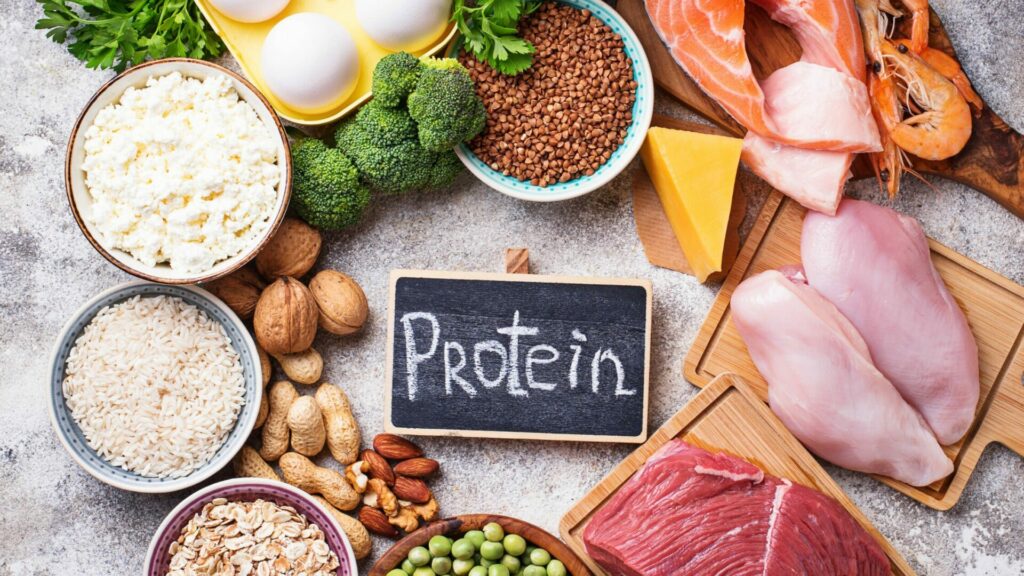
Revitalize Your Body with Regular Exercise
Regular exercise plays a pivotal role in revitalizing your body and, more specifically, in addressing low testosterone levels. The synergy between physical activity and hormonal balance is well-established, making it a cornerstone in the quest for overall well-being.
Engaging in regular exercise has been proven to stimulate testosterone production. When you subject your body to physical stress through activities like resistance training and cardiovascular exercises, it triggers the release of various hormones, including testosterone. This hormonal response is a natural and effective way to elevate your testosterone levels.
Moreover, exercise contributes to weight management, another crucial factor in hormonal health. Obesity is often linked to lower testosterone levels. By maintaining a healthy weight through regular exercise, you not only enhance your physical fitness but also support the optimization of hormonal balance.
Resistance or strength training, in particular, deserves special mention. It has been shown to have a profound impact on testosterone levels. Lifting weights, whether free weights or using resistance machines, challenges your muscles and prompts the body to release testosterone to aid in muscle recovery and growth. This form of exercise not only boosts testosterone but also helps in the development of lean muscle mass.
Cardiovascular exercises, such as running, cycling, or swimming, also contribute significantly. These activities improve blood circulation, ensuring that nutrients and hormones, including testosterone, are efficiently transported throughout the body. Additionally, cardiovascular exercises assist in managing weight, reducing stress, and improving overall cardiovascular health – all factors intertwined with hormonal well-being.
Consistency is key when it comes to exercise. It’s not about intense, sporadic workouts, but rather establishing a sustainable routine that suits your fitness level and lifestyle. Aim for at least 150 minutes of moderate-intensity exercise or 75 minutes of vigorous-intensity exercise per week, as recommended by health authorities.
Regular exercise stands out as a natural and potent solution to revitalize your body and counteract low testosterone levels. It’s a holistic approach that not only targets hormonal balance but also brings about a myriad of other health benefits. So, whether it’s hitting the gym, going for a jog, or practicing yoga, incorporating regular exercise into your routine is a proactive step toward enhancing your vitality and overall health.

Unlock the Power of Adequate Sleep
Adequate sleep is a powerful ally in unlocking the potential for optimal testosterone levels and overall well-being. The relationship between sleep and hormonal balance, particularly testosterone production, is profound and should not be underestimated.
During the sleep cycle, the body undergoes various processes, including hormone regulation and release. One of the critical hormones influenced by sleep is testosterone. Research consistently shows that inadequate sleep, typically less than 7 hours a night, can lead to a decline in testosterone levels.
The importance of deep sleep, also known as REM (Rapid Eye Movement) sleep, cannot be overstated. This stage of sleep is when the body performs essential repair and regeneration functions, including the production and release of hormones. Disrupting this stage due to insufficient sleep duration or poor sleep quality can negatively impact hormonal balance.
Sleep deprivation is associated with increased cortisol levels, a stress hormone that opposes testosterone. Elevated cortisol levels not only interfere with testosterone production but also contribute to various health issues, including weight gain and mood disturbances.
Creating a conducive sleep environment and adopting healthy sleep habits are crucial steps in harnessing the power of adequate sleep. Ensure your bedroom is comfortable, cool, and dark, promoting an environment conducive to restful sleep. Establish a consistent sleep schedule, going to bed and waking up at the same time each day, to regulate your body’s internal clock.
Reducing screen time before bedtime and practicing relaxation techniques, such as deep breathing or meditation, can further enhance sleep quality. These practices mitigate stress and promote a calm state of mind, facilitating a smoother transition into a restful sleep.
Recognizing the vital role sleep plays in hormonal regulation, especially testosterone, emphasizes the need to prioritize and optimize our sleep habits. It’s not just about the quantity but also the quality of sleep that matters. By unlocking the power of adequate sleep, you are not only supporting testosterone production but also laying the foundation for overall health and vitality.

Combat Stress with Stress Management Techniques
Stress management techniques play a pivotal role in combatting the adverse effects of stress on testosterone levels and overall well-being. The intricate connection between stress and hormonal balance, particularly testosterone, underscores the importance of adopting effective stress management practices.
Chronic stress is a significant contributor to hormonal imbalances, including a reduction in testosterone levels. When the body is under prolonged stress, it releases cortisol, a hormone associated with the “fight or flight” response. While cortisol is essential for short-term stress reactions, chronic elevation can interfere with the production and function of testosterone.
Engaging in stress management techniques becomes imperative to break this cycle. Techniques such as meditation, deep breathing exercises, and mindfulness practices have been proven to lower cortisol levels, promoting a more balanced hormonal environment.
Meditation, in particular, has gained recognition for its ability to induce a state of deep relaxation. This ancient practice involves focused attention and controlled breathing, leading to reduced stress and an overall sense of calm. Regular meditation sessions can positively impact hormonal balance, helping to maintain optimal testosterone levels.
Deep breathing exercises, such as diaphragmatic or abdominal breathing, offer a simple yet powerful way to counteract stress. These exercises activate the body’s relaxation response, mitigating the impact of stress hormones on testosterone. Incorporating deep breathing into your daily routine, especially during stressful situations, can contribute to long-term hormonal harmony.
Mindfulness practices, which involve staying present in the moment without judgment, offer another effective avenue for stress management. By cultivating mindfulness, individuals can develop a more balanced perspective towards stressors, reducing their impact on hormonal fluctuations.
Combating stress with stress management techniques is a proactive approach to safeguarding testosterone levels and promoting overall well-being. Incorporating practices like meditation, deep breathing, and mindfulness into your routine empowers you to manage stress effectively, contributing to a healthier hormonal profile and enhancing your vitality.

Vitamin D Supplementation for Hormone Synthesis
Vitamin D supplementation plays a crucial role in supporting hormone synthesis, making it a key player in maintaining optimal hormonal balance, including the synthesis of testosterone. Understanding the impact of vitamin D on hormone production sheds light on its significance in promoting overall well-being.
Vitamin D is often recognized for its role in bone health, aiding in the absorption of calcium and phosphorus. However, its influence extends beyond the skeletal system to include essential functions such as immune system regulation and hormone synthesis.
Research indicates a strong correlation between vitamin D levels and testosterone production. Individuals with low vitamin D levels are more likely to experience lower testosterone levels, emphasizing the importance of maintaining adequate vitamin D status for hormonal harmony.
Vitamin D is unique in that it acts as a prohormone, a precursor that the body converts into a hormone. This conversion takes place primarily in the kidneys, where vitamin D is transformed into its active form, calcitriol. Calcitriol then influences the production and release of hormones, including testosterone.
Supplementing with vitamin D becomes particularly relevant for those with limited sun exposure, as sunlight is a natural source of vitamin D synthesis in the skin. Factors such as geographical location, seasonal changes, and lifestyle can impact sunlight exposure, making supplementation a practical solution to ensure sufficient vitamin D levels.
While dietary sources like fatty fish, fortified dairy products, and egg yolks contribute to vitamin D intake, achieving optimal levels through diet alone may be challenging. Therefore, strategic supplementation becomes a valuable tool to bridge the gap and support the body’s ability to synthesize hormones, including testosterone.
Recognizing the role of vitamin D supplementation in hormone synthesis, especially testosterone, underscores its importance in maintaining hormonal balance. By ensuring adequate vitamin D levels, either through sunlight exposure, diet, or supplementation, individuals can take a proactive step towards optimizing their hormonal health and overall well-being.
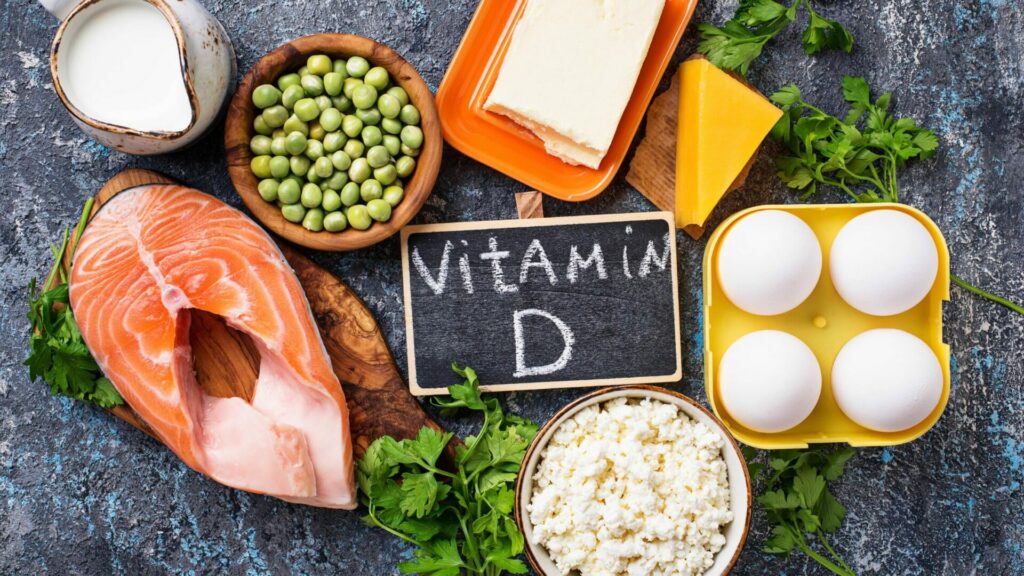
Zinc-Rich Foods: A Natural Testosterone Boost
Zinc-rich foods emerge as a natural and effective means to boost testosterone levels, underscoring the essential role of this mineral in hormonal health. Understanding the connection between zinc and testosterone sheds light on the significance of incorporating zinc-rich foods into one’s diet for a natural testosterone boost.
Zinc is a trace element that plays a critical role in various physiological processes, including immune function, wound healing, and DNA synthesis. However, its impact on testosterone production has garnered particular attention. The testes, where testosterone is synthesized, contain a high concentration of zinc, emphasizing its importance in supporting hormonal balance.
Research indicates that zinc is involved in the activation of enzymes responsible for converting cholesterol into testosterone. This conversion is a pivotal step in the body’s natural testosterone synthesis process. Insufficient zinc levels may hinder this enzymatic activity, potentially leading to lower testosterone production.
Including zinc-rich foods in your diet becomes a practical strategy to enhance zinc intake and support testosterone levels. Foods such as oysters, a renowned zinc powerhouse, along with other shellfish like crab and lobster, stand out as excellent sources of this essential mineral. Red meat, poultry, and dairy products also contribute to zinc intake.
Vegetarian sources of zinc include legumes, nuts, and seeds. While these plant-based options contain zinc, it’s important to note that the body may not absorb zinc from plant foods as efficiently as from animal sources. Therefore, individuals following a vegetarian or vegan diet may need to pay extra attention to their zinc intake to ensure adequate levels for hormonal health.
Maintaining a balanced and diverse diet that includes zinc-rich foods supports not only testosterone production but also overall health. It’s important to note that while zinc is essential for hormonal balance, excessive supplementation can lead to adverse effects. Striking the right balance through dietary choices ensures a natural and sustainable approach to optimizing testosterone levels and promoting well-being.
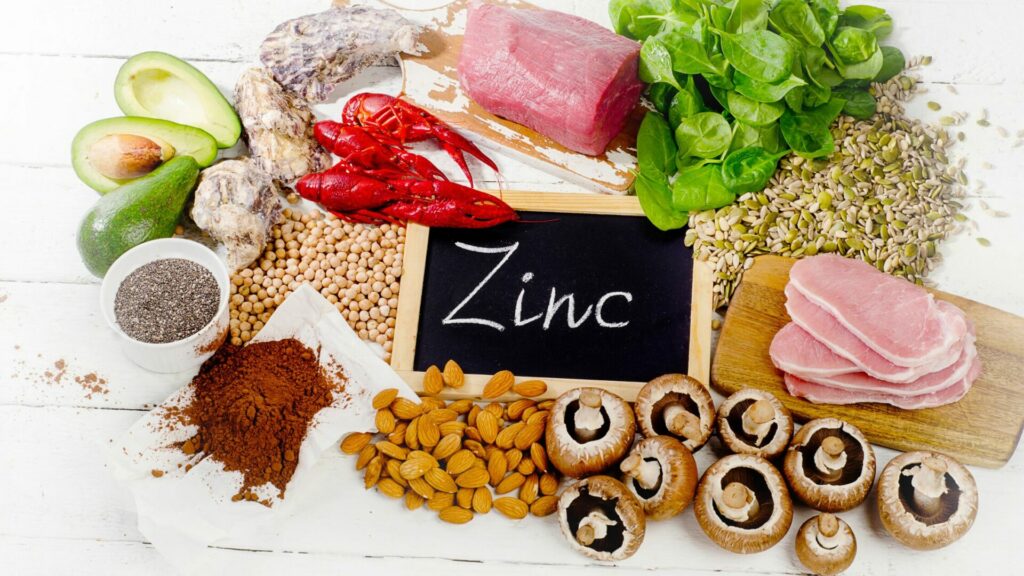
Harness Herbal Supplements for Hormonal Harmony
Addressing the challenges associated with maintaining optimal male hormone health can often be a journey fraught with hurdles. From the daily grind to environmental stressors, the quest for hormonal balance can sometimes feel like an uphill battle. Yet, amidst these challenges, there exists a solution that harmoniously aligns with the pursuit of male hormone-boosting foods – Red Boost.
Recognizing the persistent struggles many face in achieving hormonal equilibrium, Red Boost emerges as a beacon of support. In a world filled with fast-paced living and dietary gaps, this natural dietary supplement steps in as a strategic ally, offering a tailored blend of ingredients to fortify male hormone levels.
Crafted with precision, Red Boost combines potent elements such as Icariin, Tongkat Ali, Fenugreek, Citrulline, and Nettle Root. Each component plays a crucial role in fostering hormonal balance, aligning seamlessly with the emphasis on male hormone-boosting foods. It’s not merely a supplement; it’s a synergistic partner in your journey towards comprehensive well-being.
Among its key constituents, Nettle Root takes center stage, contributing to testosterone production – an aspect pivotal for male hormone health. When coupled with the nutrient-rich male hormone-boosting foods like salmon, eggs, avocado, pumpkin seeds, and spinach, Red Boost transforms into more than just a supplement. It becomes an amplifier, magnifying the positive impact on male hormone health.
Tongkat Ali, another integral player in the testosterone realm, adds depth to this comprehensive approach. Its synergy with the dietary choices we’ve outlined in our exploration underscores the holistic nature of Red Boost. Together, they create a harmonious symphony, addressing the intricacies of male hormone health.
In essence, Red Boost transcends the realm of conventional supplements. It becomes a trusted companion on your journey towards hormonal well-being, seamlessly integrating with the male hormone-boosting foods you conscientiously choose. As you navigate the complexities of modern life, consider Red Boost not just as a supplement but as a reliable partner, enhancing the benefits derived from nutrient-dense foods and ensuring a holistic approach to male hormone health.
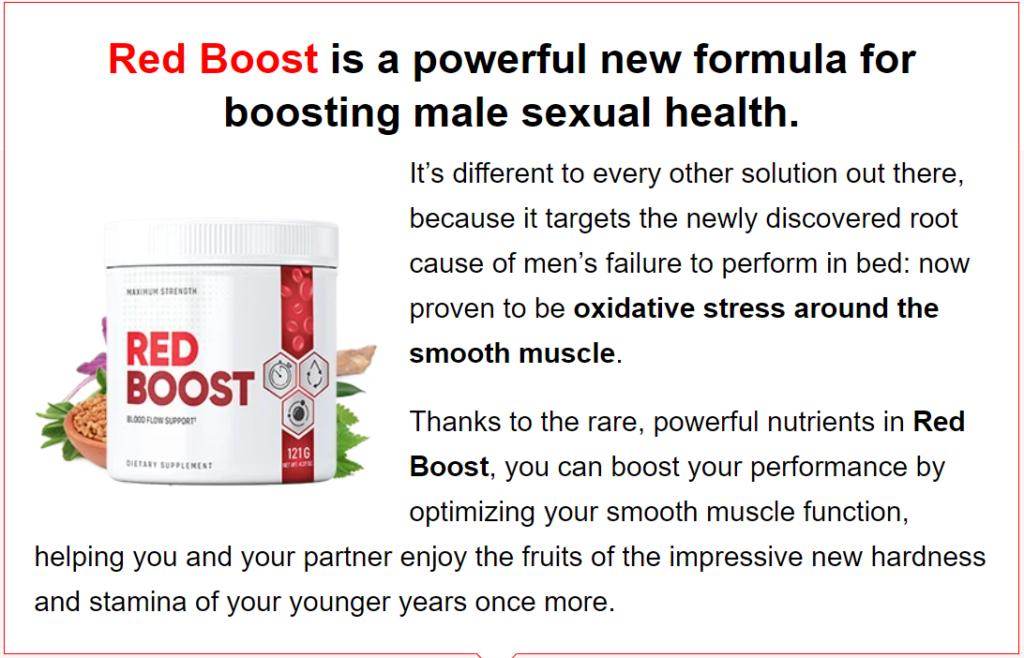
FAQs:
Q1: Are these remedies safe?
A1: Yes, these natural remedies are generally safe when practiced in moderation. However, it’s advisable to consult with a healthcare professional, especially if you have existing health conditions.
Q2: How long does it take to see results?
A2: Results may vary, but with consistent practice, many individuals notice improvements within a few weeks to a couple of months.
Q3: Can I combine these remedies?
A3: Absolutely! In fact, a holistic approach combining multiple remedies can often yield better results.


